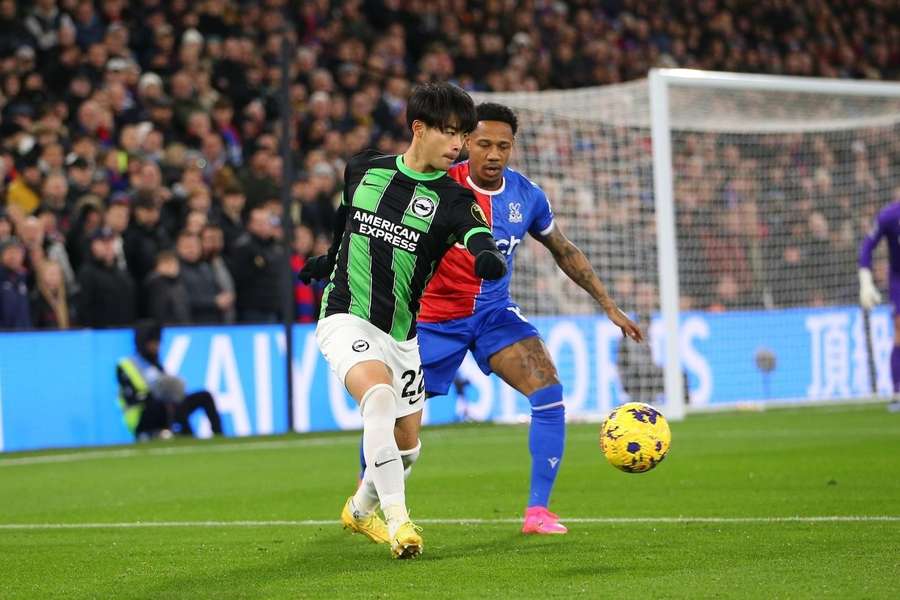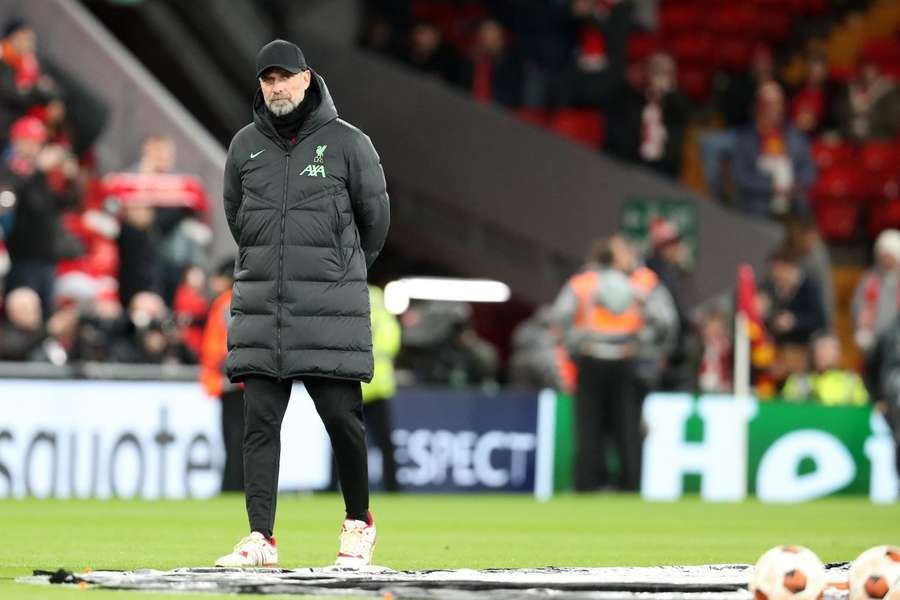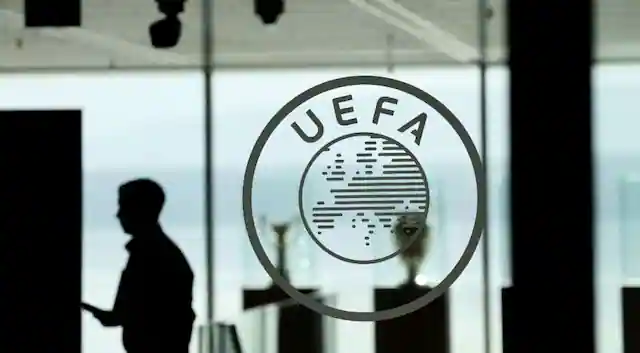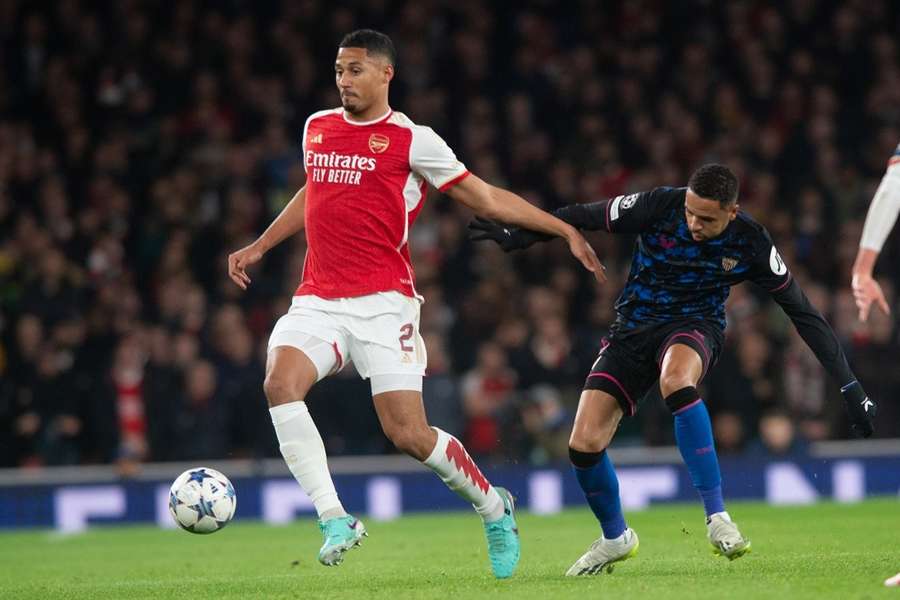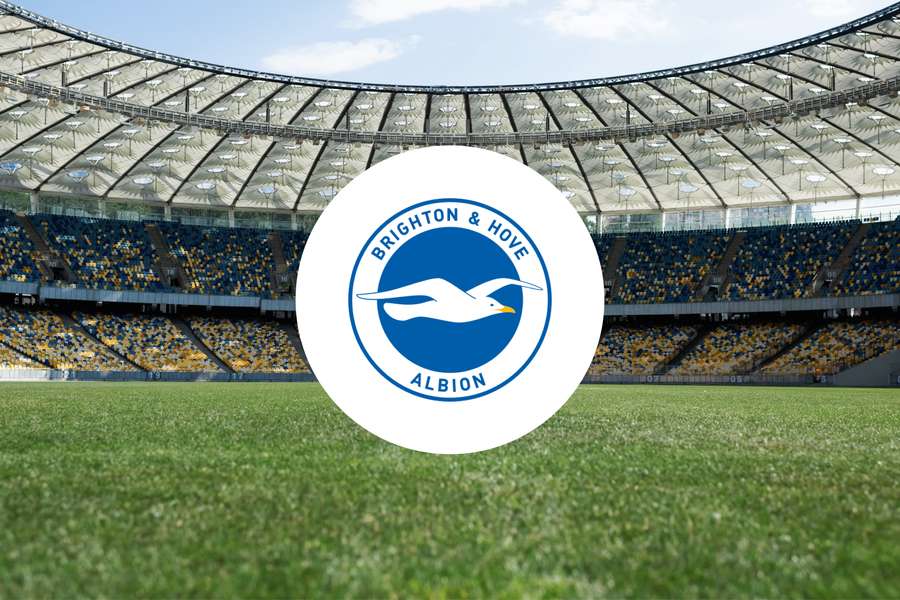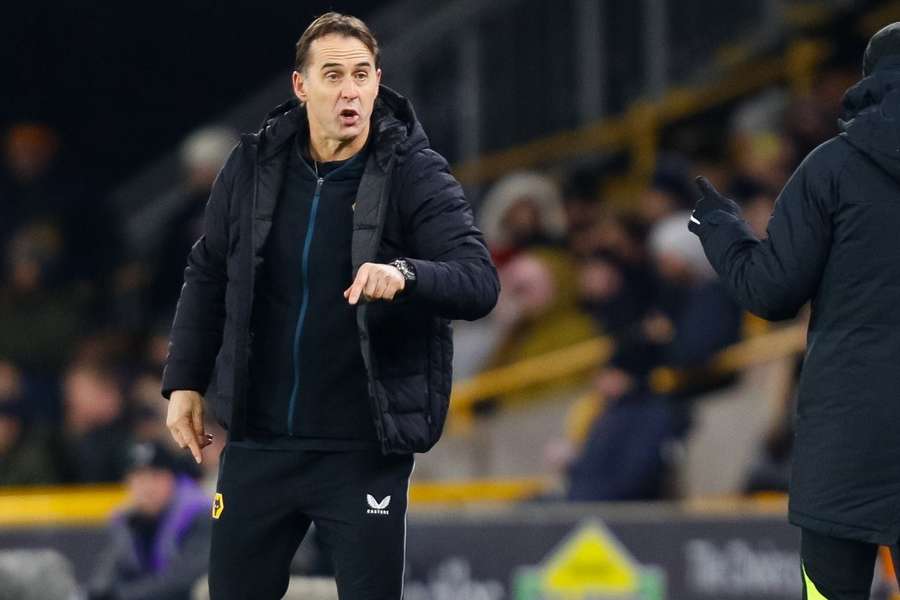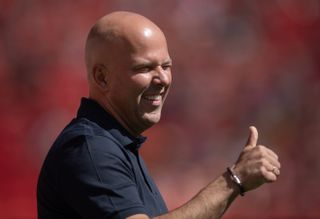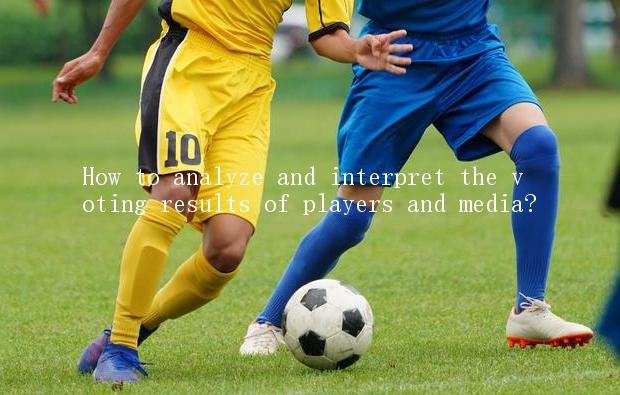Interview with Markus Krosche: Eintracht Frankfurt's Sporting Director Breaks Down the Keys to Their Transfer Strategy Success

Markus Krosche walks into the hotel lobby, his crisp white shirt standing out against the backdrop of the Valencia heat. After completing a grueling 12-day tour of the United States, Eintracht Frankfurt has now arrived in Spain for another pre-season friendly. As he takes a moment to relax in the cool lobby, one can only imagine the hectic schedule he has been juggling.
The club's sporting director insists not. "It has been really calm this year," he tells . He is comparing it to last summer when Randal Kolo Muani was sold to Paris Saint-Germain on transfer deadline day for a fee rising to £76m, a club record.
Their own business is more settled. "Because we did so many transfers in the last two windows." But PSG came calling again earlier this summer, offering £38m for Willian Pacho. Eintracht duly quintupled their money on a player signed only one year ago.
"I call them end clubs," says Krosche. He name-checks PSG, Real Madrid, Barcelona, Manchester City, Liverpool and Tottenham among them. "We are a club in between who sell to these end clubs." It is no cause for dismay. On the contrary, this is their plan.
"Pacho is an example of it working," he explains. "The player developed and we helped to develop him. We helped him to take that next step in his career. This is what we wanted to achieve." And what happens now? "We try to find another player like Pacho."
TrendingEintracht have quickly become masters in the market at doing just this, their buying and selling in recent windows earning Krosche his reputation as one of the finest sporting directors in Europe. He himself has been linked with moves to Liverpool and Tottenham.
"My plan was always to be a coach," he says. But a call from the president of his hometown club Paderborn in 2017 changed those plans. He helped them to back-to-back promotions before replacing Ralf Rangnick at RB Leipzig. "And now I am here."
With Oliver Glasner as head coach, Eintracht won the Europa League in Krosche's first full season but there was a problem looming on the horizon that the sporting director had been charged with solving. The squad was among the oldest in the Bundesliga.
"That was the most important part of my job at the start. We had an average age of 29. Now we have an average age of 23. It is a big change. Of course, you need experienced players. But on the other hand, you need young prospects that you can help to develop."
The result is that just two years on from European glory in Seville, only three of the starters from that win over Rangers remain. A dozen first-team signings arrived last summer and several more during the winter transfer window. It seems like a gamble.
"To do it quickly is a risk but sometimes you have to take that risk. We had success but you reach a point where it is better to make a clean break. We lost a lot of experience last summer, but we are not scared of this. It led us to the team that we have now."
That team is packed with exciting prospects. Hugo Ekitike, still only 22, has come the other way from PSG but others are more typical of the model - players on the rise with a point to prove. Hugo Larsson, 20, signed from Malmo. Fares Chaibi, 21, from Toulouse.
It is an eclectic squad, fittingly cosmopolitan for a city like Frankfurt, but the message from Krosche is that it has been meticulously assembled rather than thrown together. "There is also feeling and luck. But the basis for our scouting is data," he explains.
"For example, if we need a central defender, 1.9 metres tall, left-footed, no older than 24, with a market value not higher than €5m, we can do that with just one click. That will bring us maybe 25 profiles. From there, we start the video scouting process.
"We watch at least 10 games. We study how they play against a deep defending team, how they build up against an attacking team to see how they cope under pressure. We watch them against a fast striker and a tall striker. The final video is 20 minutes long.
"We also create a five-minute 'weapon clip'. We call it a weapon clip because it focuses on their weapons, the strengths of a player. The scouts have to be able to show me those strengths in five minutes. The weaknesses are not important at that stage.
"That process gets us from 25 to eight players and it takes around 10 days. Then we go to the live scouting. For 10 weeks, we will watch these eight players and cross-reference the reports with all the other scouts so that we have a clear opinion of the player."
Within 12 weeks, they are in position to pursue a deal. Too long if this process is happening in the transfer window. But Eintracht's advantage is that they tend to be working one year ahead. "We have to be really early in the market," Krosche explains.
"We have to be better than the rest because we cannot afford mistakes. We have to be faster and more efficient. So, by October, we have a clear idea who we want to sign next summer. This is a big advantage because others clubs are not in the market at that time.
"The players feel really impressed because normally they expect the interest to come in April or May. We can use this time to convince the players to join us. We can explain our idea, how we want to improve their weaknesses to help them become a top player."
Eintracht want to use every advantage they can to find an edge, including one of the world's busiest airports. Krosche is literally the best connected sporting director around. "It is easy to come here. It is why so many decision-makers are at our games."
The club have embraced commercial opportunities, hosting NFL games, and boast spectacular support, as evidenced by their famous invasion of Barcelona in 2022 when the Camp Nou was transformed by Eintracht supporters - much to Barca's horror.
But Krosche sees the clarity of their playing model as key. "Our big advantage is that we know what kind of football we want to play so we know what we are looking for. We want to defend high, build up under pressure and have solutions against deep defences."
He adds: "Creating revenue through transfers is a really important part of our success and to do that requires a clear philosophy. If you define how you want to play, then you can hire the people to make it happen, implement that philosophy and then stick to it."
Dino Toppmoller was the coach identified to deliver it last season, having earned his reputation as Julian Nagelsmann's assistant at Bayern Munich. A sixth-place finish was enough to secure European football. "That's the stage for young players to create value."
But the manner in which it was delivered drew some criticism from Krosche in the spring. Those end clubs are looking for a particular style of play, after all. "It was not easy for the coach because a lot of young players had come in," he now acknowledges.
"This season is a different story. Not so many changes. The players know each other. They have had time to settle and only need to focus on their performance. We expect them to play better football and score more goals. That is what I want to see."
All of which raises questions regarding what exactly the end game really is for Eintracht Frankfurt. Their model is already generating more money than they can feasibly spend on the playing squad. "We cannot spend it all on the team. It makes no sense."
They already have a world-class stadium and spent £35m on their training facilities in 2021. "We invest a lot in the medical department, mental coaches, nutrition experts, sleep experts, performance coaches. You cover everything to develop young players."
Even the backroom staff have a price. Earlier this year, Brighton and Hove Albion are believed to have paid a six-figure sum to prise away Florian Pfab, the head of Eintracht's medical department. "It was a good deal," says Krosche, smiling. "He is a really good doctor."
And yet, here, there is a hint of resignation about the situation. Competing with Bayern Munich and others is still too difficult. If they spend too much, they risk causing damage in the long term. Krosche mentions Schalke as a club that paid the price for ambition.
"Top four is really difficult because there is a massive gap in budget. With two or three seasons of playing in the Champions League, we could reduce the gap. But fifth or sixth is more realistic." For now, the view is that they can only play the hand they are dealt.
And continue to play it better than the rest.
"It is football not war," concludes Krosche. "It is a game. And selling players is just part of my job. It is why young players like to come to Frankfurt." With that in mind, how will he feel if the call comes again for one of his stars on transfer deadline day? "Me? Relaxed."
Watch Borussia Dortmund vs Eintracht Frankfurt live on Football this Saturday; kick-off 5.30pm
RELATED STORIES
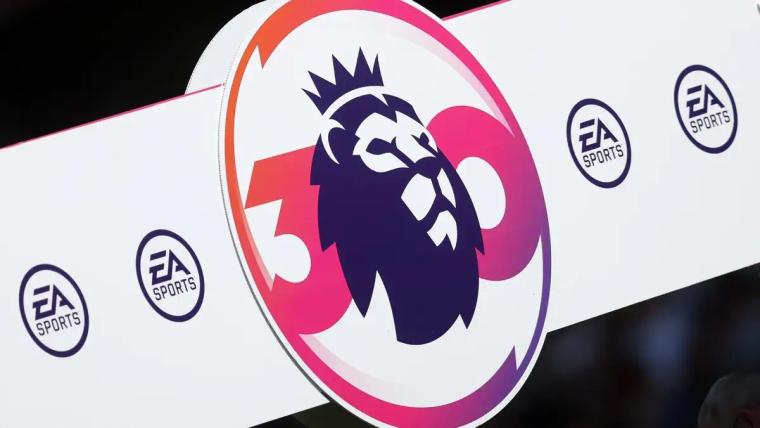
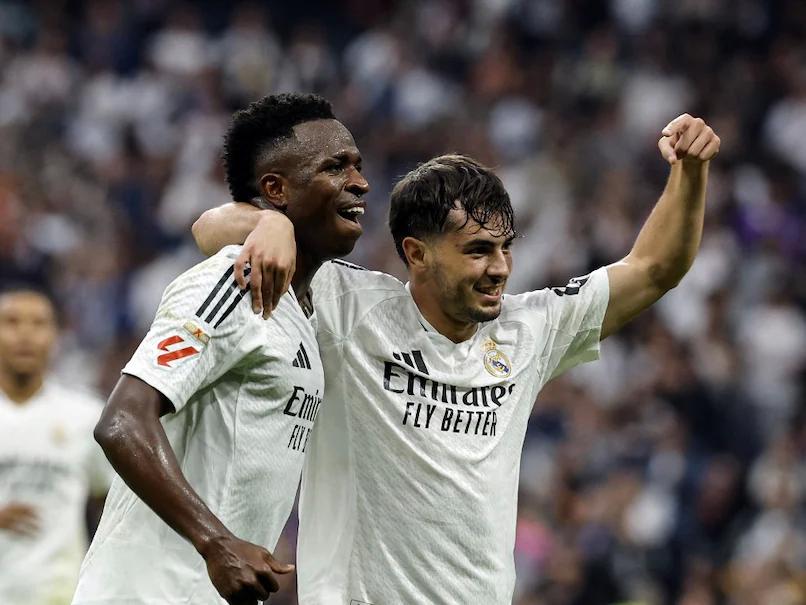

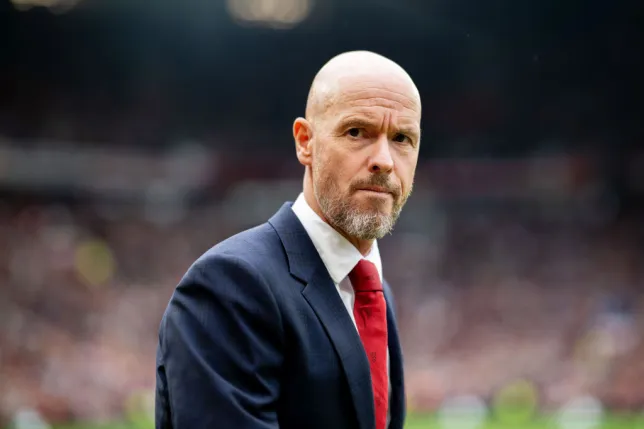

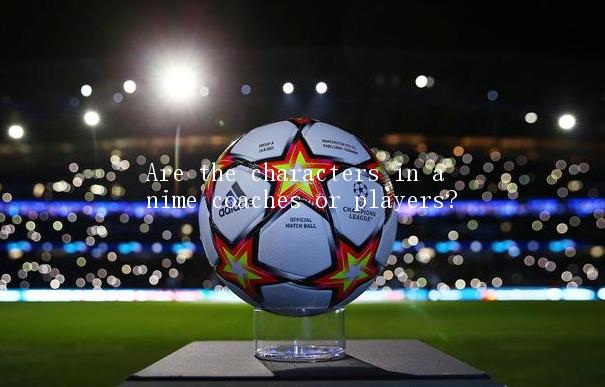
LATEST NEWS
